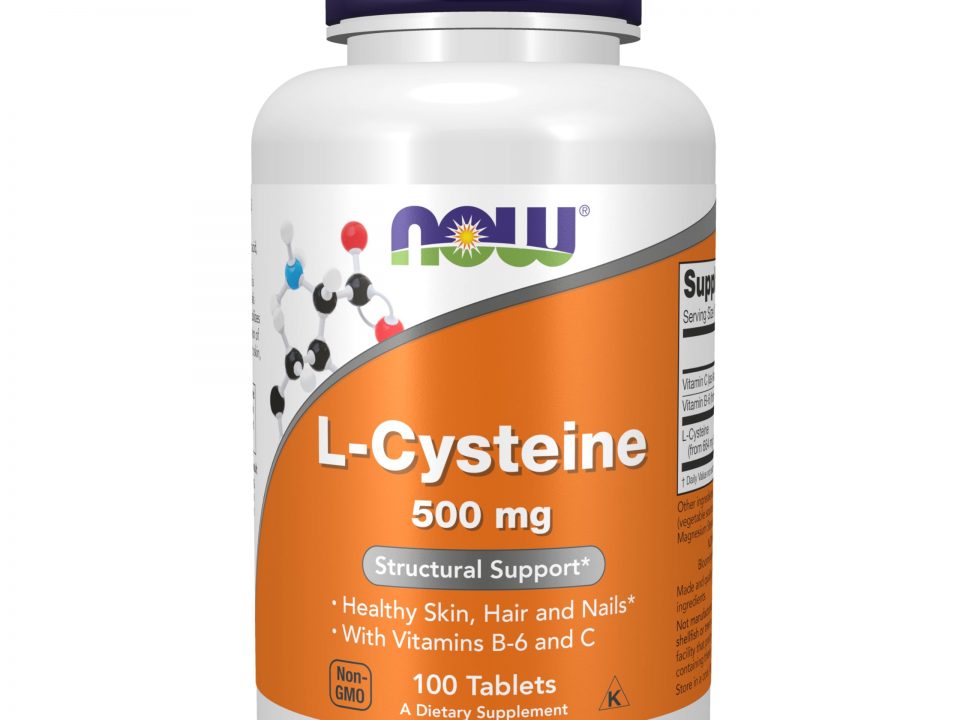- با ما در تماس باشید
- 09308658811
- iranepf@gmail.com
Effects of protein addition to carbohydrate–electrolyte solutions on postexercise rehydration
Influence of sex on cytokines, heat shock protein and oxidative stress markers in response to an acute total body resistance exercise protocol
۲۵ تیر ۱۳۹۴Acute effects of high- and low-intensity exercise bouts on leukocyte counts
۲۵ تیر ۱۳۹۴Liang Li, Stephen Heung-Sang Wong, Feng-Hua Sun
Jouranl of Exercise Science & Fitness
Background/Objective
This study aimed to examine the effects of the addition of whey or casein protein, the two major proteins in milk, to carbohydrate–electrolyte (CE) solutions on postexercise rehydration.
Methods
Ten young men aged 20.7 ± ۱٫۴ years with an average VO2max of 60.7 mL/kg/min ran for 60 minutes at 65% VO2max on three occasions followed by 4 hours’ recovery. During recovery, the participants consumed either CE solution with 66 g/L carbohydrate (CHO), or CE plus whey protein solution (CW trial, 44 g/L CHO, 22 g/L whey), or CE plus casein protein solution (CC trial, 44 g/L CHO, 22 g/L casein); the solutions were matched for energy and electrolyte content.
Results
The participants lost 2.36 ± ۰٫۳۲% of their pre-exercise body weight after the exercise. Total urine output after recovery was greater in the CE and CC trials than CW trial (CE vs. CW vs. CC: 1184 ± ۳۷۸ mL vs. 1005 ± ۲۱۴ mL vs. 1256 ± ۴۱۳ mL; p < 0.05). Fluid retention after ingestion of CW solution was greater than CE and CC solutions (CE vs. CW vs. CC: 46.9 ± ۱۶٫۵% vs. 54.9 ± ۹٫۲% vs. 45.8 ± ۱۷٫۳%; p < 0.05). Lower urine specific gravity and urine osmolality were observed by the end of recovery in the CE trial compared with CW trial (p < 0.05). No difference was found in the changes in plasma volume in all trials.
Conclusion
These results suggest that during the 4 hours’ recovery after a 60-minute run, the CW solution was more effective for rehydration compared with the CE or CC solution.
Keywords:
Carbohydrate–electrolyte solutions, Casein protein, Rehydration, Whey protein


